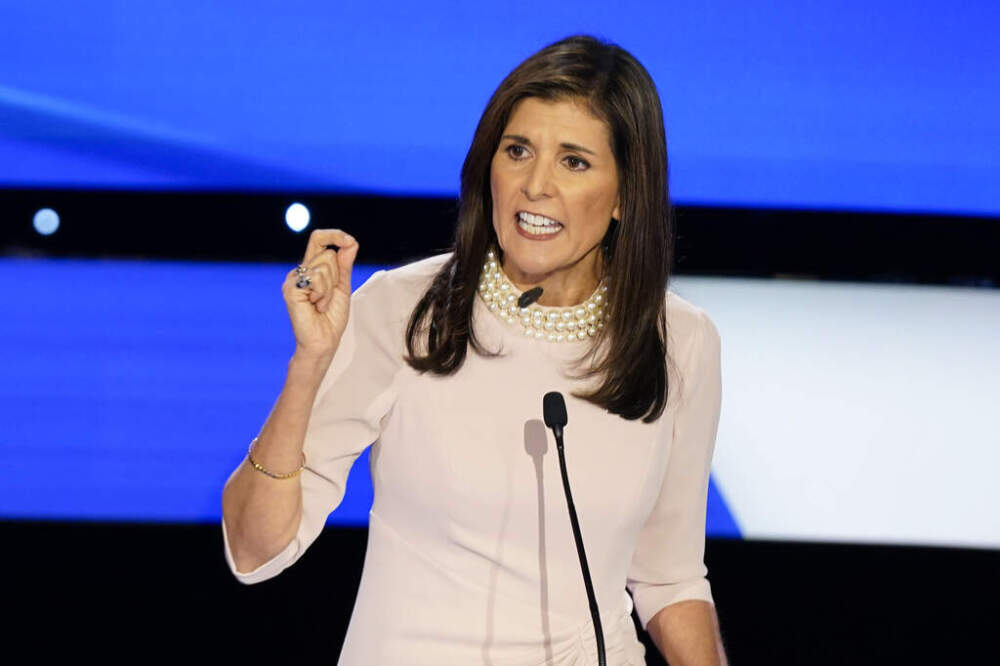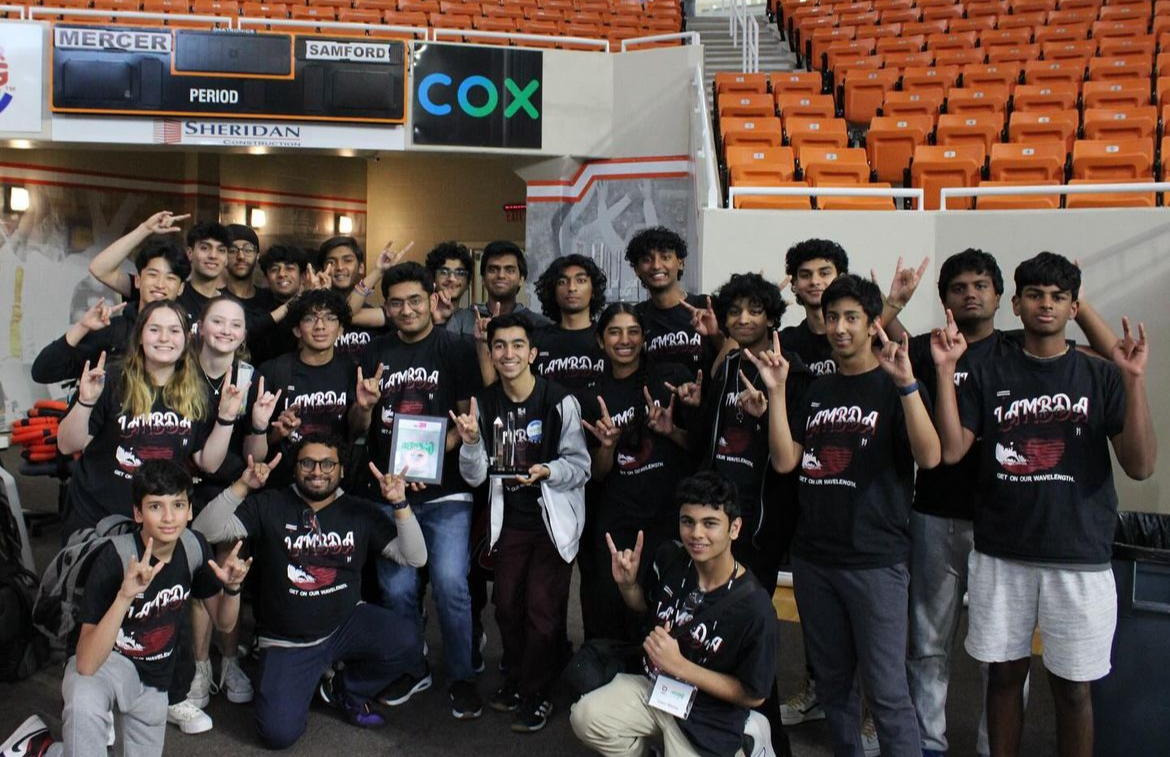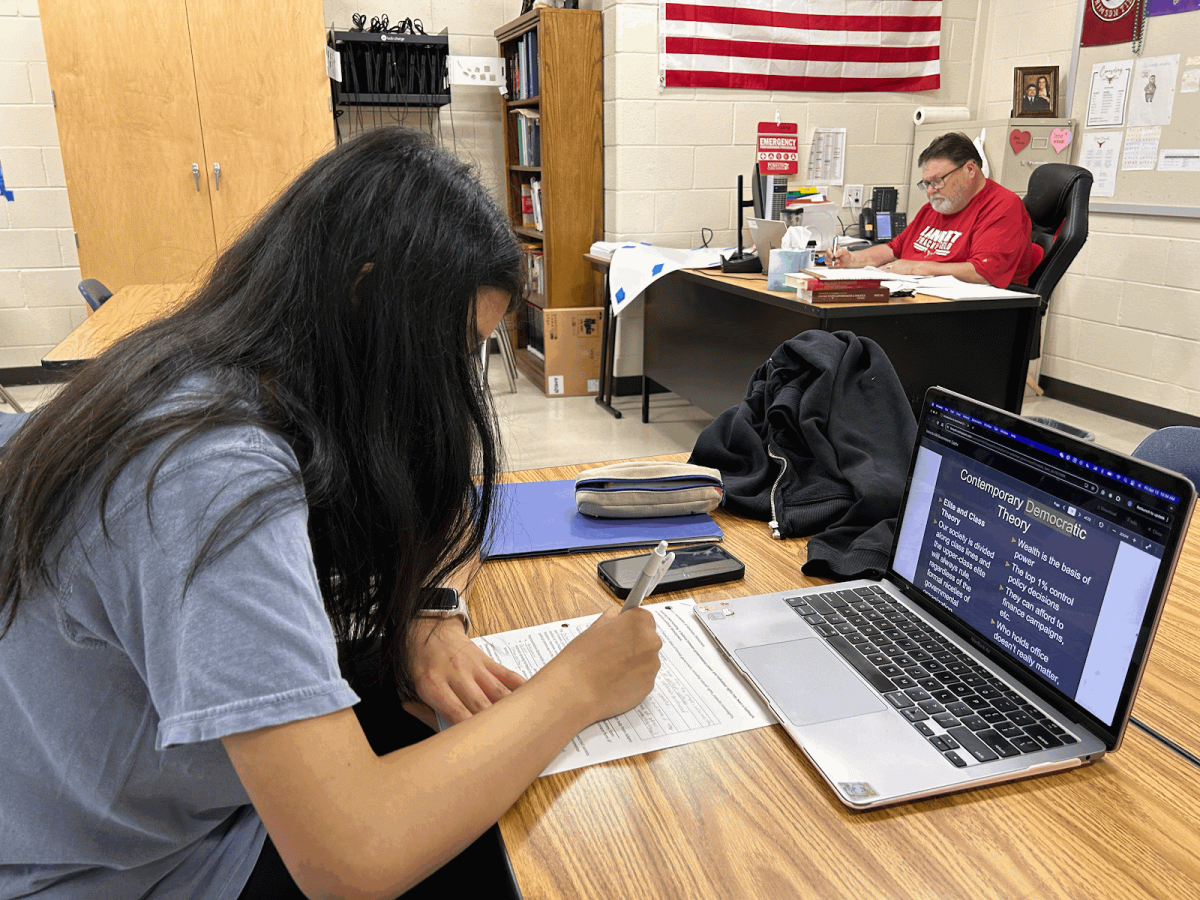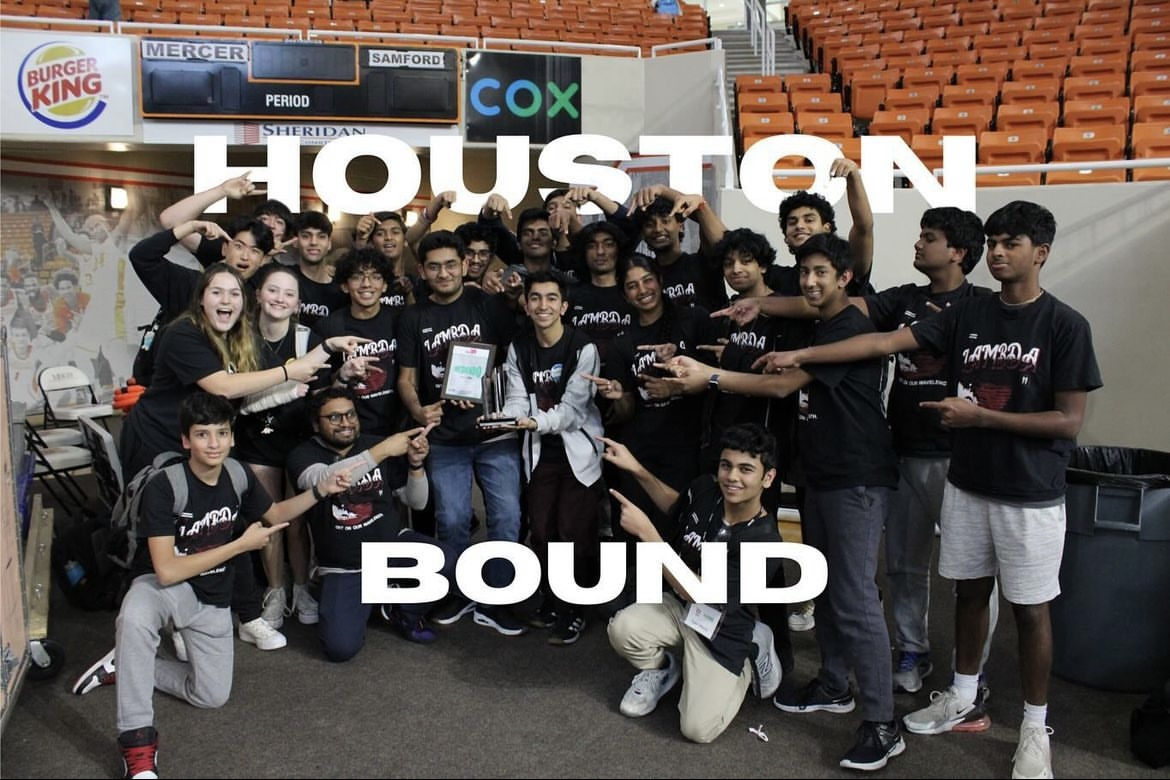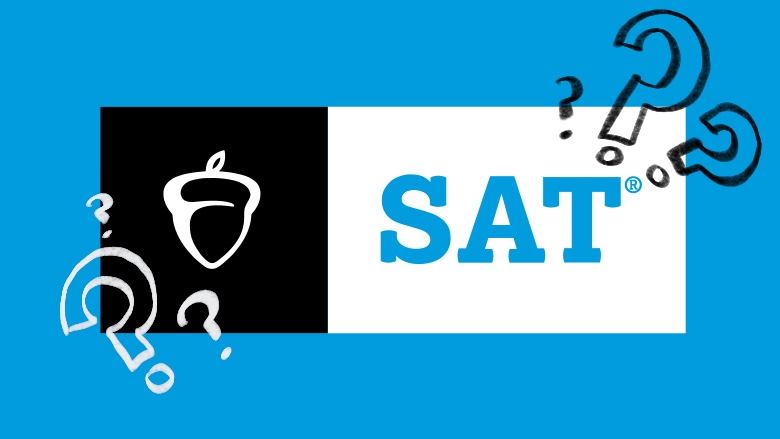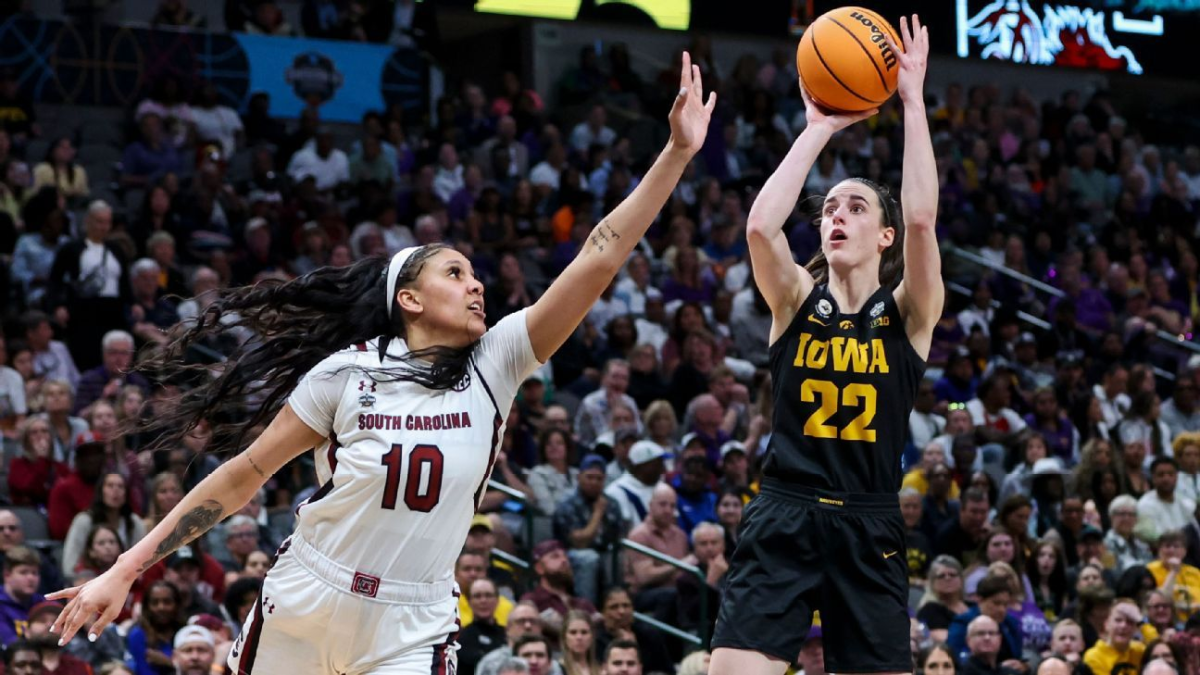Last Wednesday, viewers across the country tuned in to the latest Republican presidential debate – the final one before voters participate in the Iowa caucus. Florida Governor Ron Desantis and Former Ambassador to the United Nations Nikki Haley faced off against each other in an attempt to broadcast their campaign message before the monumental caucus. But what’s the significance of this debate and what does the Iowa caucus have to do with the race for president? To answer that, it’s essential to provide some context behind the debate and how the election process works.
Both Haley and Desantis are Presidential candidates who are running with the Republican party. This means that in order to get elected, they first need to win the Republican party’s nomination for President. Whoever wins that nomination will face off against the Democratic party’s nominee on election day. The Democratic nominee will likely be incumbent President Joe Biden, who announced early last year that he’ll seek reelection. In other words, whoever wins the Republican nomination will likely face off against Biden to become the next President of the United States.
The road to the Republican nomination, however, is still quite a ways away. Haley and Desantis are just some of the candidates running for their party’s nomination. Overshadowing both Haley and Desantis in poll numbers is former President Donald Trump, who was noticeably absent from this month’s debate. Another notable absence was candidate Vivek Ramaswamy, who gained attention in the election trial for his controversial views which included raising the voting age and eliminating birthright citizenship.
With all these candidates vying for the Republican nomination, the Iowa caucus can often be a good determinator of election success. A caucus is different from a typical election in the sense that members of the party in Iowa will meet together at a set time and place to vote for certain candidates rather than voting at their time during a day. Iowa’s caucus is also the first in the nation, often being a predictor for who’ll be successful in winning their party’s primary election and securing the nomination for President.
Since the debate was the last major broadcasting event for Republicans before the caucus on January 15, it might prove to be one of the most important factors in determining the caucus’ results. The debate allowed for Haley and Desantis to answer questions on a variety of topics and make their stances known. However, according to senior Armaan Bhasin who watched the debate live, the candidates actually aligned on many important issues.
“Both of them brought up similar plans for tackling inflation and addressing the economic situation,” Bhasin stated. “They spent a lot of time taking down the other person and their views, but most of their political stances tended to be the same.”
Despite their similarity in political stances, the candidates performed differently when it came to effectively communicating those stances. Much of the debate was spent arguing with the other candidate, specifically attempting to expose inconsistencies and lies in each other’s statements. Haley, for example, routinely touted a website that fact-checks Desantis’ statements – desantislies.com. While former Ambassador Haley’s tactics proved to be more effective during the debate, Governor Desantis was able to get his point across well and attack many of Haley’s claims in the post-debate interview.
“I think Haley was definitely more effective during the actual debate but Desantis was really good in the interview after,” Bhasin explained. “When he spoke one-on-one he seemed pretty calm and collected.”
In terms of their proposals, Bhasin noted that while Desantis tended to use his past experience as Governor to back up policy plans, Haley would primarily look to the future and draw upon current developments to justify her proposals.
Another issue of note was either candidate’s mention of former President Trump during the debate. Both the candidates skirted around mentioning Trump, usually providing short, one-sentence responses when asked directly about Trump and his recently developed legal situation.
“I found it really interesting how neither of them really talked about Trump,” Bhasin commented. “They would either switch the topic or provide a really neutral stance.”
Despite his absence from the debate, Trump maintains a substantial lead against both Haley and Desantic according to recent polls. The former President regularly received about 60% of the vote in Republican primary polls, with both Desantis and Haley receiving around 10-15%. What this means is that instead of providing equal competition to Trump just yet, the race between Haley and Desantis is rather to decide who’ll end up proving an alternative Republican candidate to Trump. The result of the Iowa caucus may just produce that frontrunner who’ll face off against Trump for the eventual Republican nomination. Making or breaking many campaigns in past elections, this year’s caucus may just determine who’ll receive the Republican nomination and end up running for the Presidency in November.



